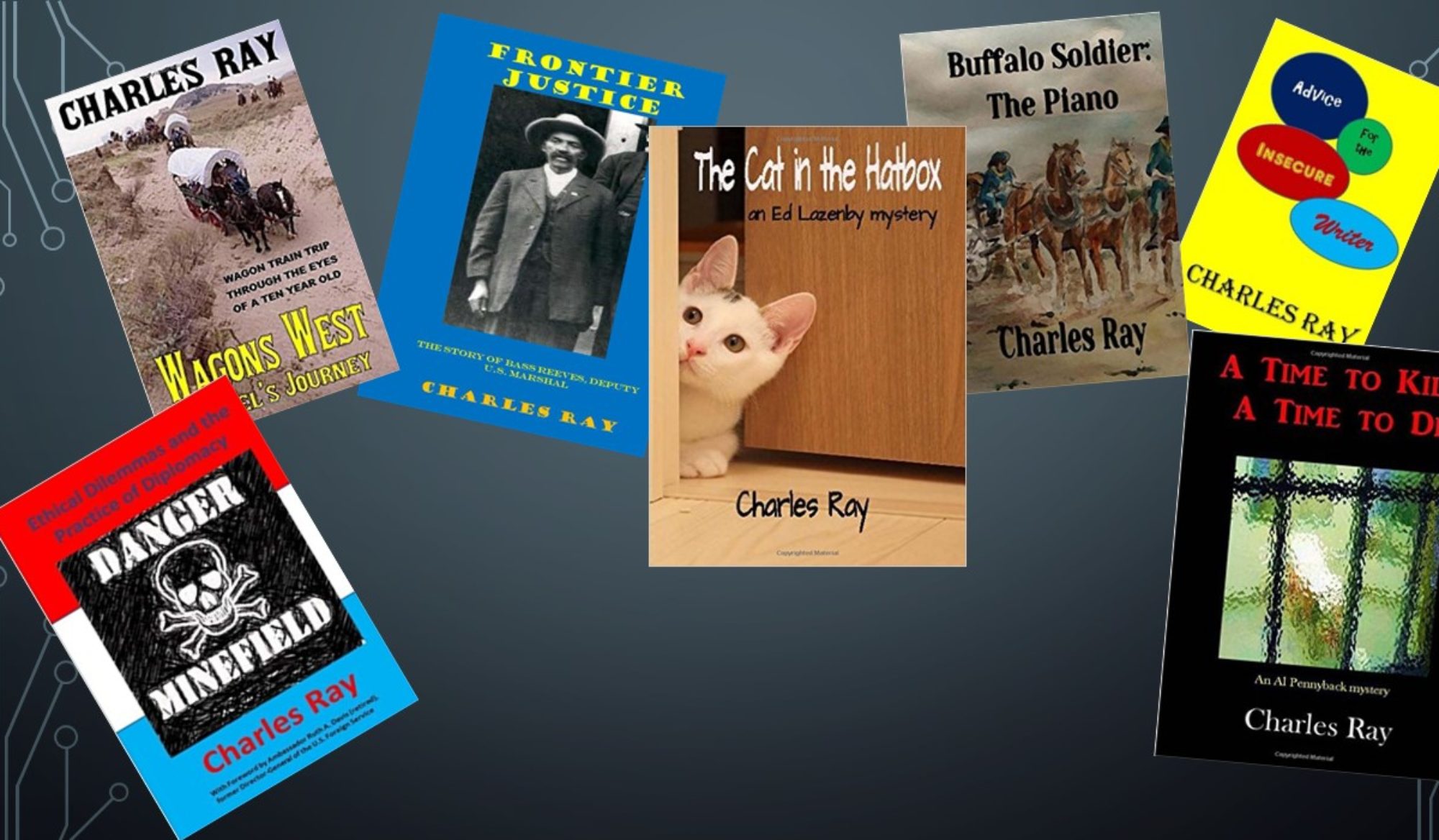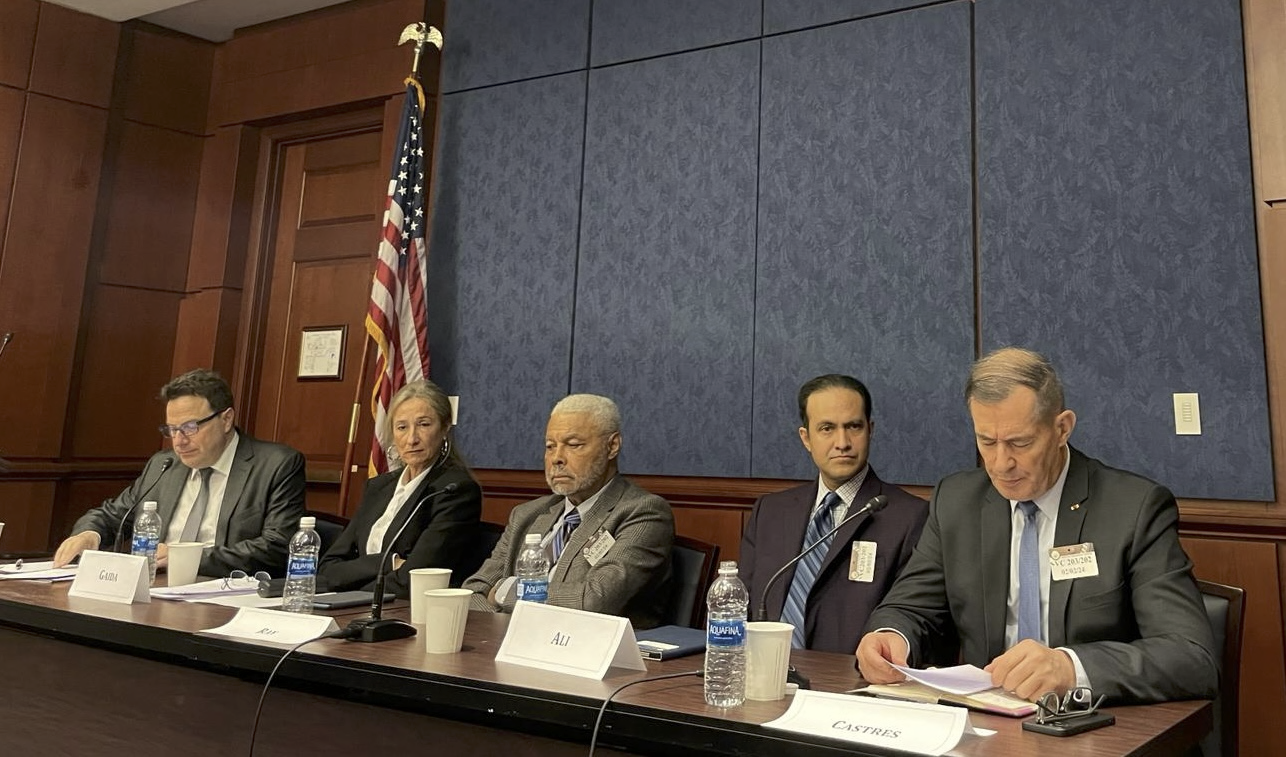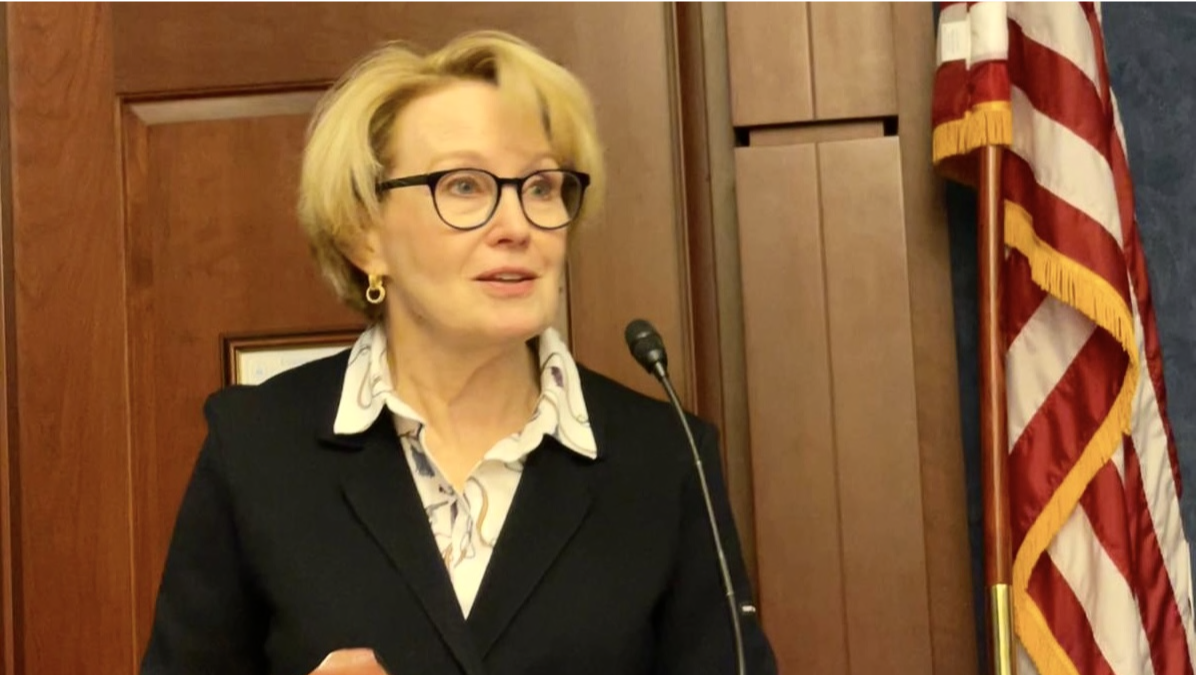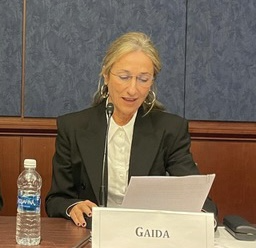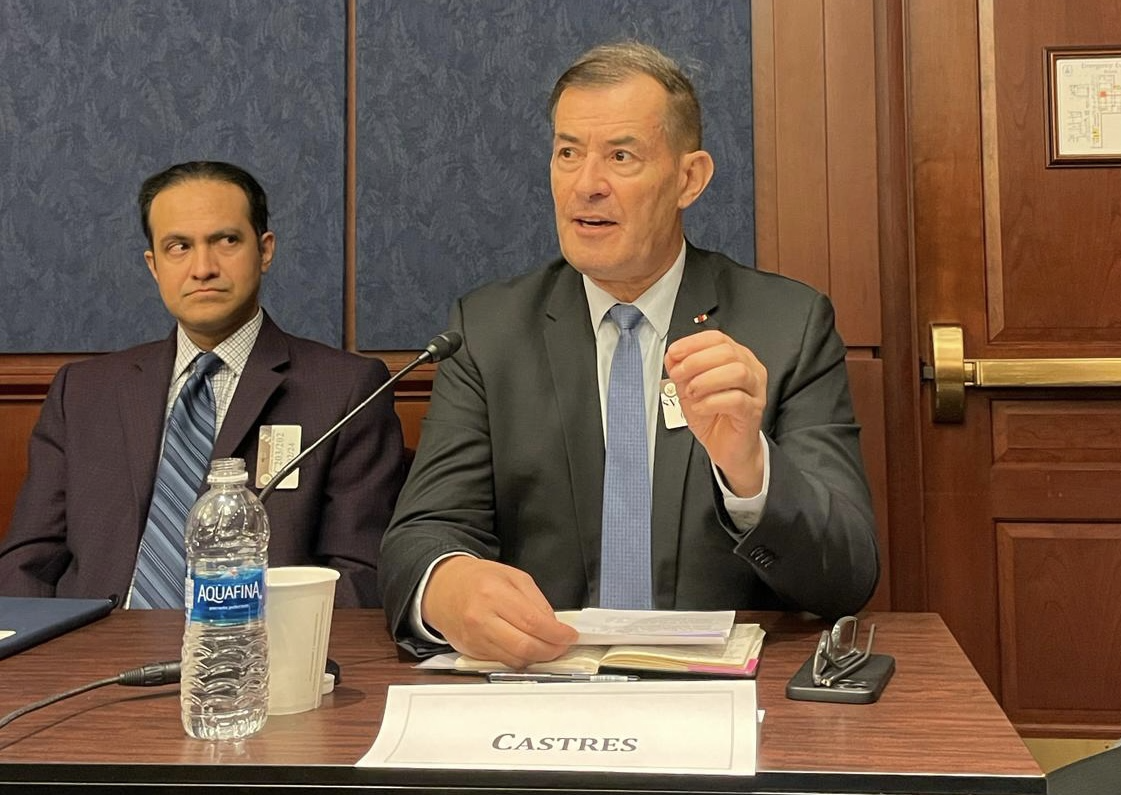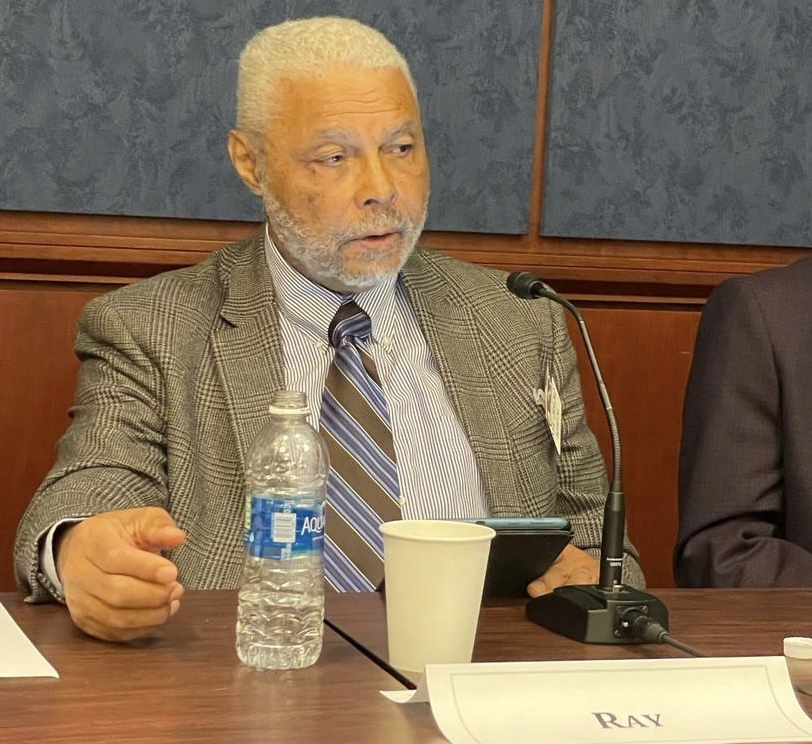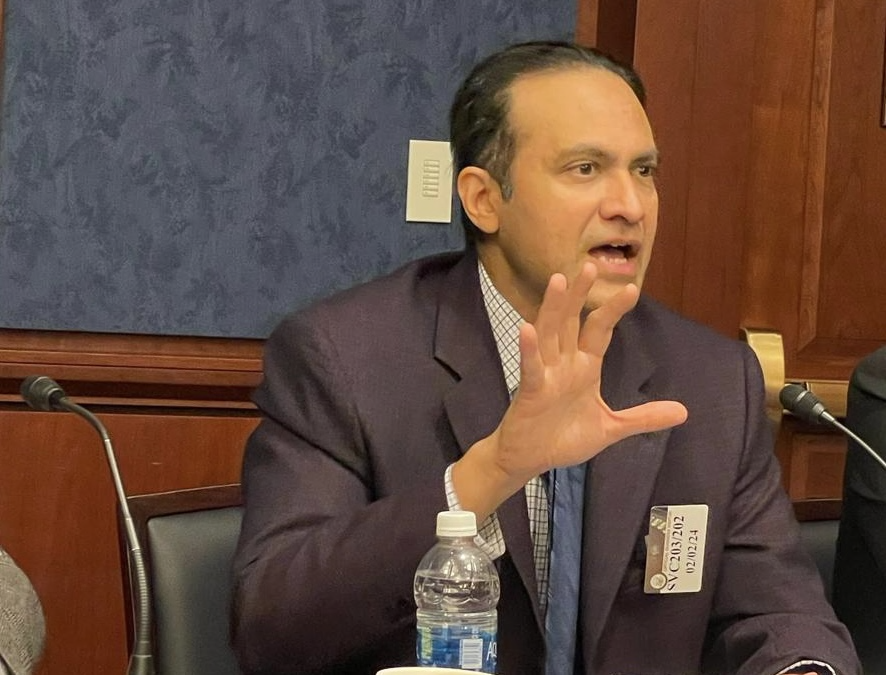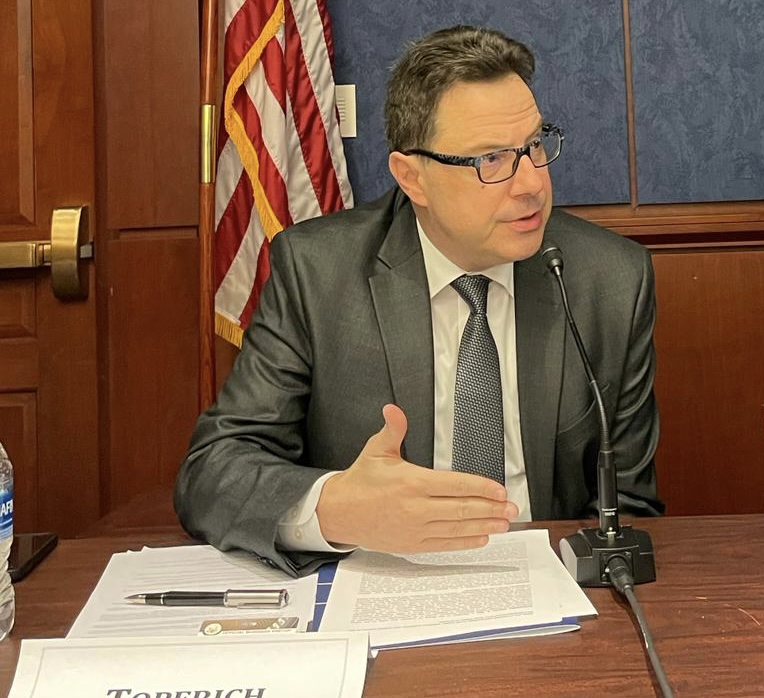General Didier Castres:
The Sahel is currently undergoing major upheavals, whether political, climatic, security-related, or demographic. Without energetic action, it will become a grey zone where warlords, armed groups, jihadists, and traffickers vie for space and resources. Doing nothing is not an option, but the solutions brought to the Sahelian crises have failed. Between the transplantation of Western models, exclusively security-focused approaches, incapacity to grasp the complexity and entirety of the crises, media obsession, and inconsistent management of different timelines, the gap widens between the expectations of the populations and the proposed solutions. It is imperative for us to fundamentally change our crisis resolution approach.
|


